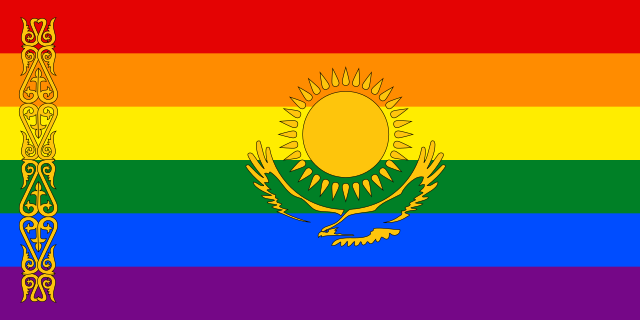Kazakhstan’s parliament approves bill outlawing “LGBT propaganda”

Kazakhstan’s parliament has approved a controversial bill outlawing what it terms “LGBT propaganda”, drawing sharp criticism from human rights organisations and LGBTQ+ activists.
The legislation, passed unanimously by the lower house on Wednesday, prohibits the dissemination of information promoting “non-traditional sexual values” in public spaces, mass media, telecommunications, and online platforms. Under the new law, first-time offenders face fines of approximately 121,000 tiyn (£175), while repeat violations could result in up to 10 days in prison. The bill now moves to the Senate, where it is expected to pass, before requiring President Kassym-Jomart Tokayev’s signature to become law.
Officials say the measure aims to protect children from “harmful influences” online. Education Minister Gani Beisembayev told lawmakers: “Children and teenagers are exposed to information every day that can negatively impact their ideas about family, morality, and the future.”
The law mirrors similar legislation in Russia, Georgia and Hungary, and grants authorities the power to block websites and digital content without a court order. It also amends existing statutes on media, advertising, education, and child rights.
Rights groups have condemned the move, warning it will institutionalise discrimination and violate Kazakhstan’s international human rights obligations. Human Rights Watch and six other organisations urged lawmakers to reject the bill, calling it “discriminatory” and a threat to democratic principles. The Belgium-based International Partnership for Human Rights described the measure as a “blatant breach” of Kazakhstan’s commitments under global treaties.
Kazakhstan, a majority-Muslim but largely secular nation, legalised homosexuality in the 1990s. However, social attitudes remain deeply conservative. The bill follows a 2024 petition by the Kazakhstan Parents Union titled “We Are Against Open and Concealed LGBT Propaganda in the Republic of Kazakhstan”, which gathered more than 50,000 signatures.





Comments ()